October 29, 2025
Data Shows Endangered Palau Ground Doves Swiftly Recovering After Successful Palauan Island Conservation Effort
Astounding evidence of recovery on Ulong Island in Palau after just one year!
Published on
December 12, 2018
Written by
Ingrid Parker
Photo credit
Ingrid Parker

Over the past ten years, Island Conservation has been privileged to have Dr. Daniel Simberloff as a member of our Board of Directors. Simberloff is recognized throughout the scientific community as an intellectual giant and a legend in the field of Ecology. He is both a founder of and, remarkably, is still the single most influential person in the field of Invasion Biology.
Dr. Simberloff’s early work on biogeography and quantitative conservation biology was transformative. He helped formulate the Theory of Island Biogeography and basically invented large-scale experimental ecology with his work on the colonization of islands. He was the first to apply mathematical reasoning to conservation biology in a way that was practically useful; his research engendered an important debate about reserve design that was the central focus of that field for a number of years. His work became the foundation for the entire field of research and has continued to influence its development throughout his career. Simberloff’s major ideas range from pure theory to the most problem-driven applied science, such as his work on the unintended consequences of insect biological control. As a result, Dr. Simberloff’s research has contributed to society as well as to the scientific community.
Due to his extensive career and sphere of influence in the field, Dr. Simberloff has been named Director Emeritus of the Board of Directors of Island Conservation. During his time on the board, he has pushed Island Conservation to advance the field of invasive species removal, he has advocated for the organization, and he has showcased our impact on the international stage. Karen Poiani, Island Conservation CEO said:
Daniel Simberloff’s incredible achievements in the fields of conservation and invasive species management are nothing short of inspiring. We are proud to have had Dr. Simberloff serving on our Board of Directors and grateful for his expertise as we continue to work together to prevent extinctions and protect biodiversity.”
Emeritus status is not Dr. Simberloff’s only achievement in the field this year. The Journal of Biological Invasions, for which Simberloff has been the Editor-in-Chief since 2008, recently introduced the Simberloff Award. Each year, the award will go to two students “who embody Simberloff’s creativity, intelligence, and passion for studying and understanding the biology of nonnative organisms.”
Throughout his career, Simberloff has authored over 400 publication and as of 13 December 2018 he has been cited 69,666 times. Scientists of Dr. Simberloff’s stature often continue to publish papers through their career; however, what is exceptional for someone at his stage is not the number of publications that keep coming out of his lab, but the number of papers he writes himself, as first author or even sole author. He is one of very few ecologists of his stature who still do their own fundamental research, rather than working primarily through postdocs and graduate students.
The Journal of Biological Invasions explains Simberloff’s approach to research with three axioms:
Embrace complexity, be creative and ambitious, don’t shy away from what is tedious and hard…no wonder Dan Simberloff is a perfect fit for the transformative, hard work of Island Conservation. We have been proud to have Dr. Daniel Simberloff as part of our Board of Directors for the past 10 years, and we are excited to continue our partnership with him.
Source: Journal of Biological Invasions
Check out other journal entries we think you might be interested in.

October 29, 2025
Astounding evidence of recovery on Ulong Island in Palau after just one year!
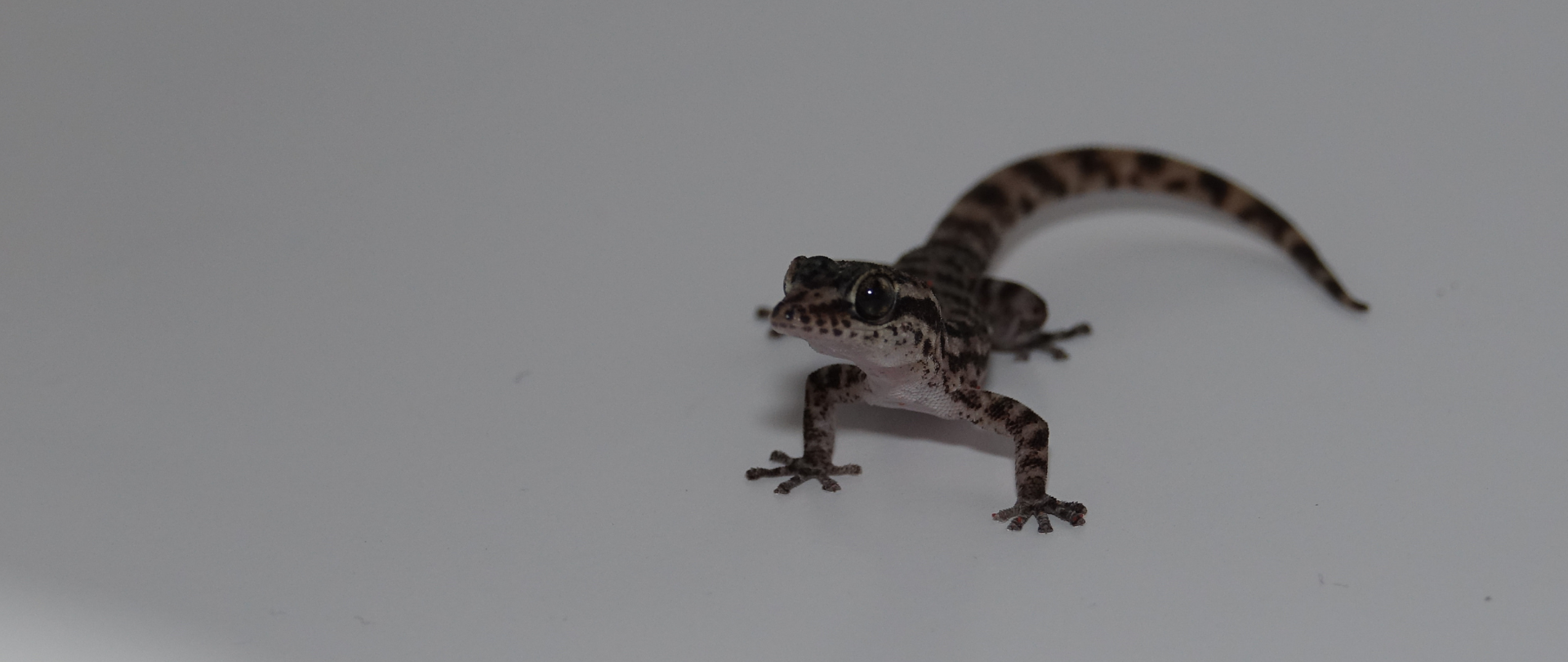
July 22, 2025
A species once thought extinct just made its comeback. A study published in PLOS ONE confirms the Leaf-toed Gecko has been rediscovered on Rábida Island in the Galápagos.
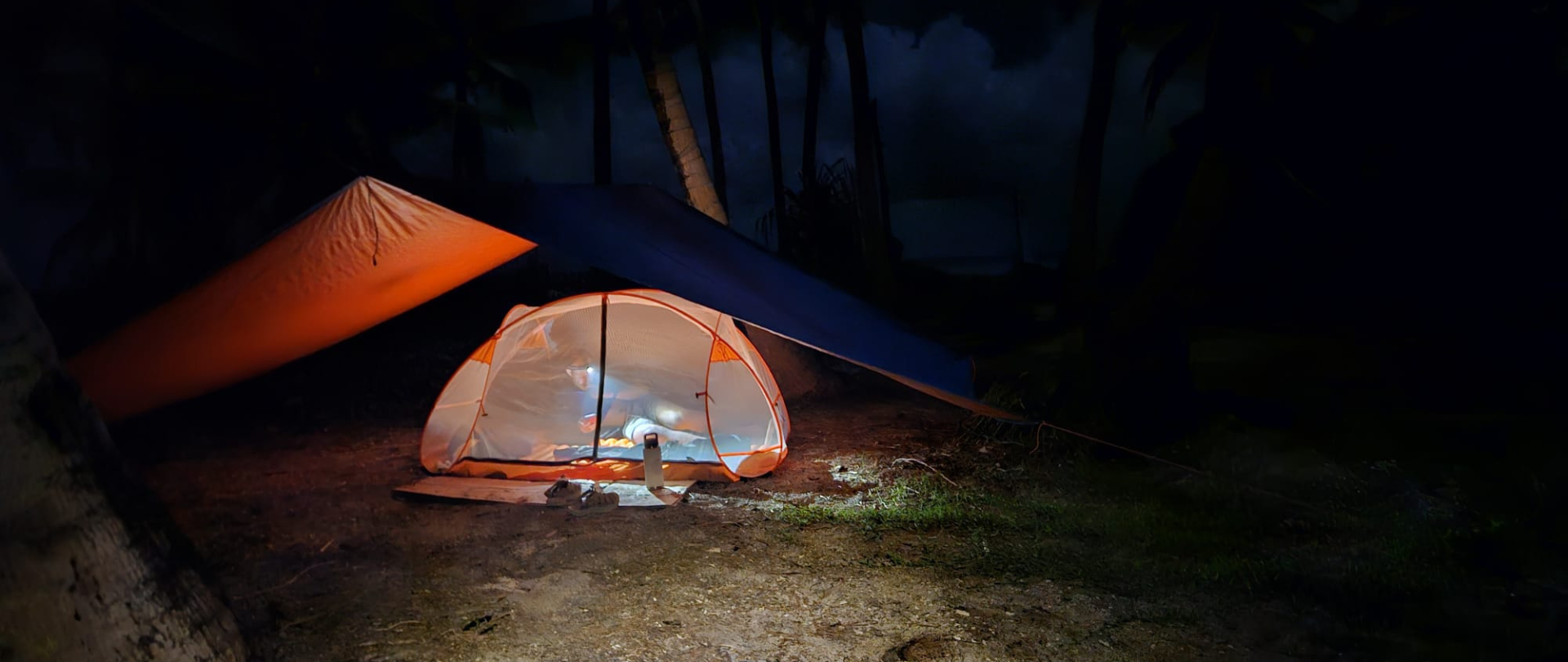
July 17, 2025
Great news from Tuvalu--our projects to restore Nukufetau Atoll, Tepuka, and Falefatu were successful!

June 17, 2025
Two new islands join the Island-Ocean Connection Challenge, linking terrestrial and marine conservation for maximum impact!
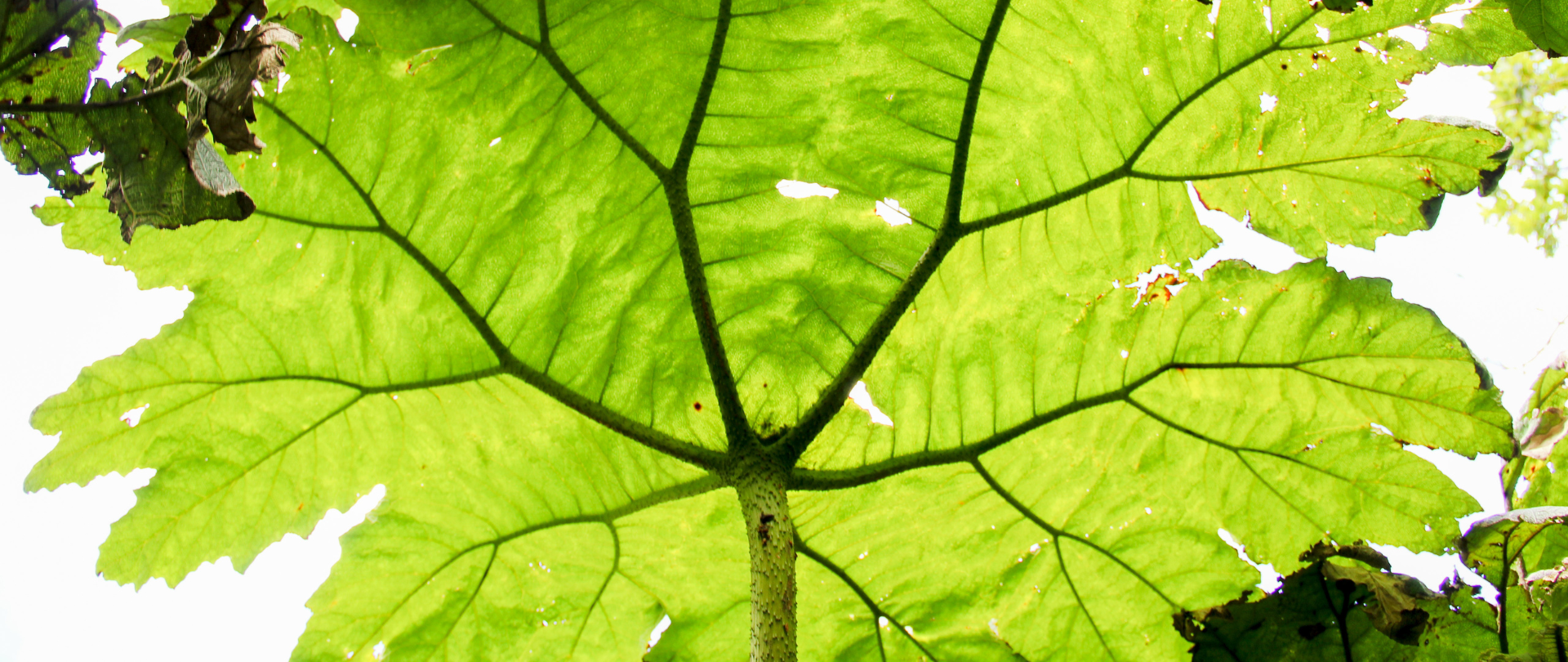
June 13, 2025
Our partner Conservation X Labs has joined the IOCC, committing to deploying transformative technology to protect island ecosystems!
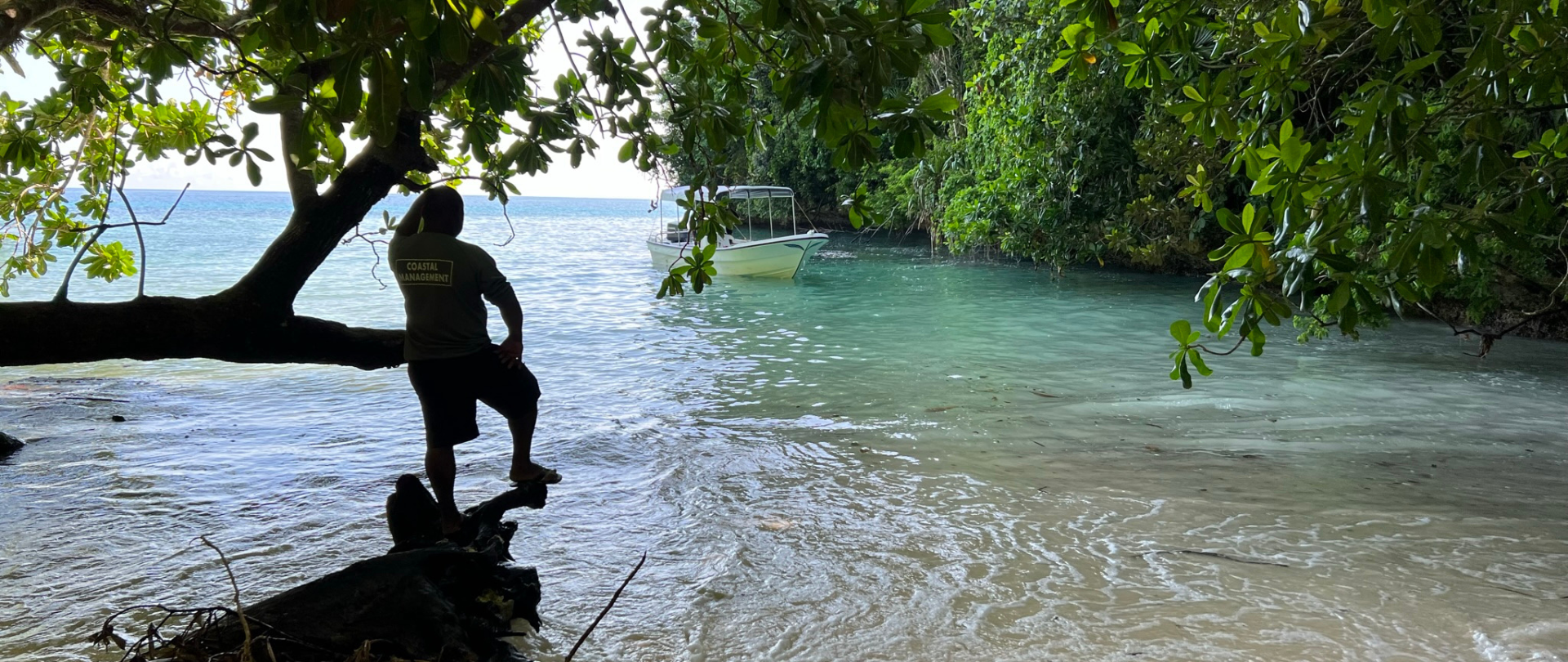
May 19, 2025
Read our position paper on The 3rd United Nations Ocean Conference (UNOC 3) to see why we're attending and what we aim to accomplish!
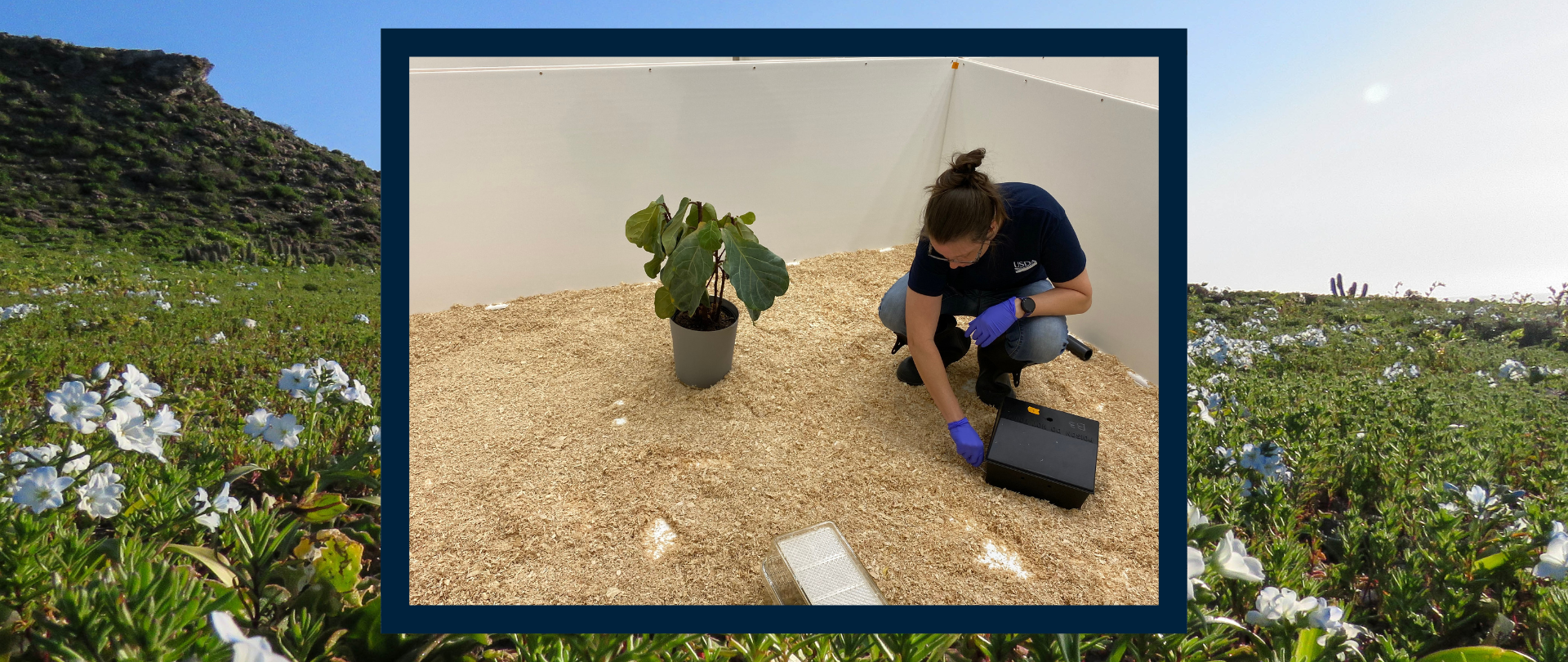
March 11, 2025
New environmental DNA technology can help protect vulnerable island ecosystems from destructive invasive species.
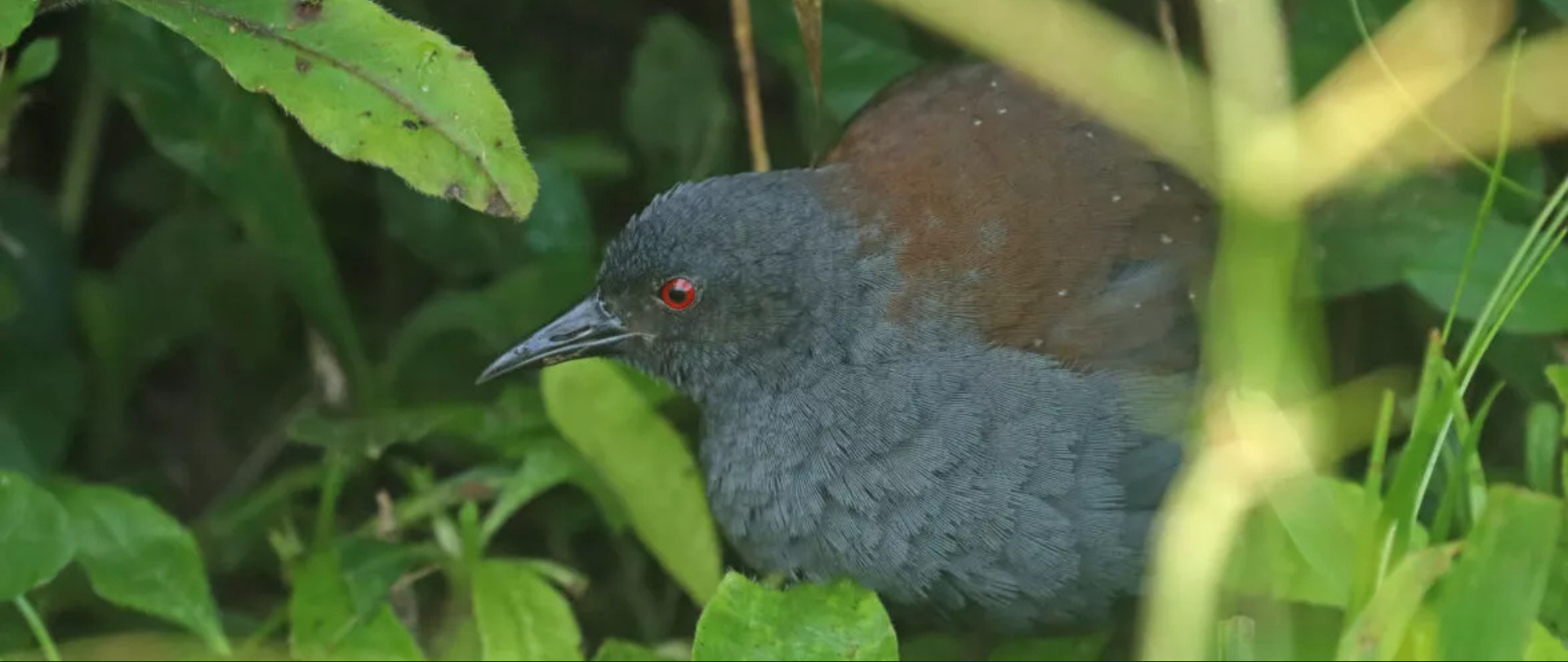
February 27, 2025
A locally-extinct species of ground-dwelling bird was found on Floreana Island!
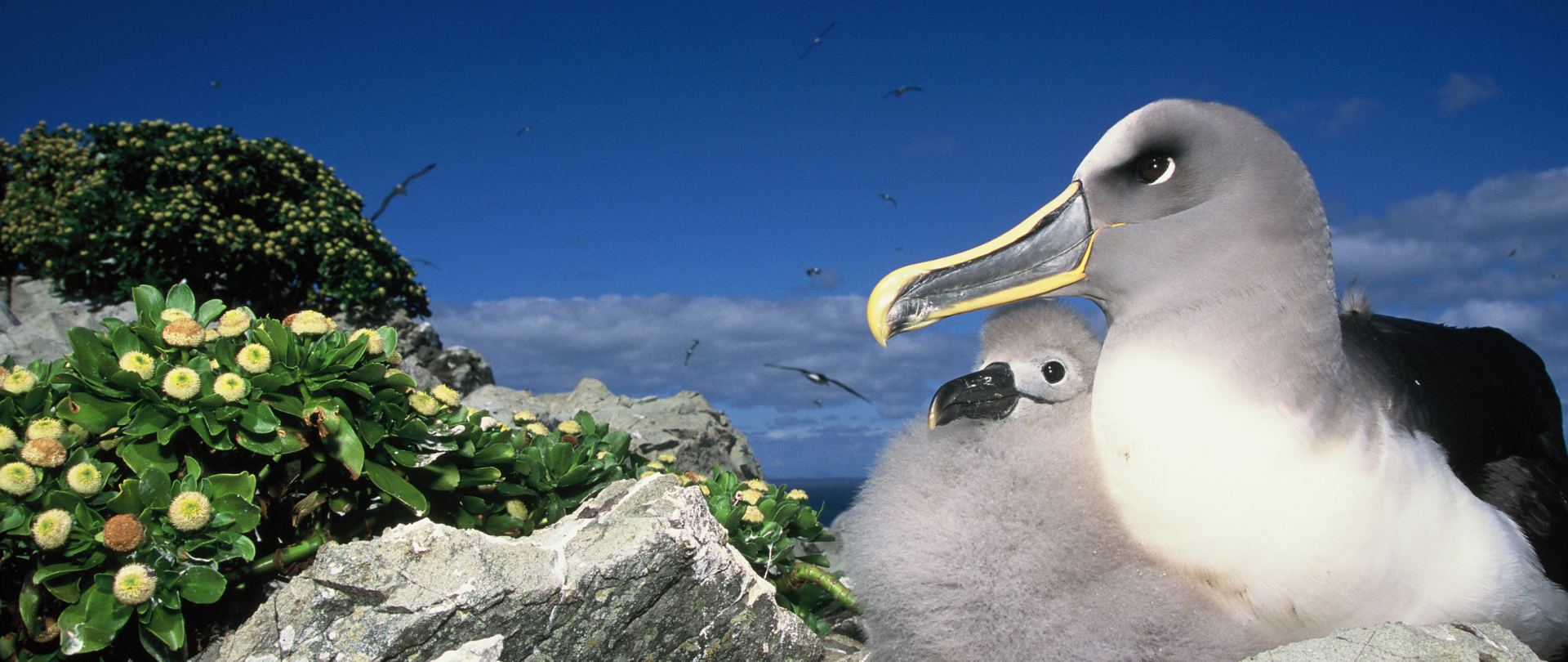
February 20, 2025
February 20, 2025, Bluff, New Zealand – The international conservation initiative, Island-Ocean Connection Challenge (IOCC), led by Island Conservation, Re:wild, and UC San Diego’s Scripps Institution of Oceanography, proudly welcomes three of New Zealand’s most ecologically rich islands into its…